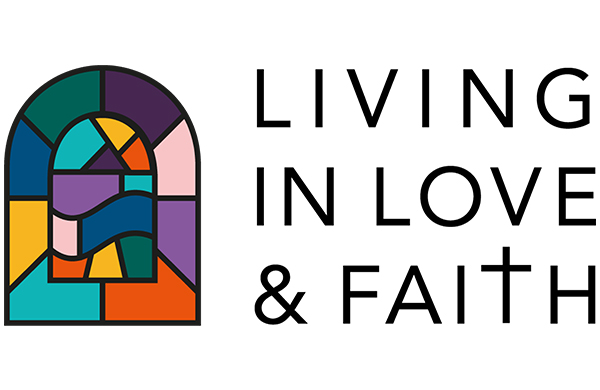
Along with the rest of the Church of England, Christians in the Diocese of Salisbury have spent many months listening to each other, praying and discussing issues relating to gender, marriage, sexuality and relationships as part of a conversation and process known as ‘Living in Love and Faith’. (LLF)
At its February 2023 meeting, the Church of England’s General Synod, voted in favour of proposals from the bishops which would enable same-sex couples who have marked a significant stage of their relationship such as a civil marriage or civil partnership to come to church to give thanks, offer prayers of dedication to God and to receive God’s blessing.
The Prayers of Love and Faith have been commended to be used from Sunday 17 December 203. The final texts of Prayers of Love and Faith are commended for use in regular public worship or private prayer have been published, along with pastoral guidance which outlines how they could be used.
The Prayers can be used in regular scheduled services, such as a Sunday Eucharist or Evensong.
It is up to individual Clergy and Licensed Lay Ministers (LLMs) to decide if they will offer the prayers or not.
If you are a couple wishing to use the prayers at a church service in the diocese, contact the priest at your local church or the Bishop's office.
Read the Prayers of Love and Faith.
Read the Living in Love and Faith Pastoral Guidance.
January 2026 update: Read the latest letter from the House of Bishops as LLF reaches a conclusion.


